Review: THE SPIRIT PAPERS by Elizabeth Metzger
This book is a book about heaven. It’s about the collection of human connections and love that make a heaven. In that case, The Spirit Papers is its own little immaculate heaven.
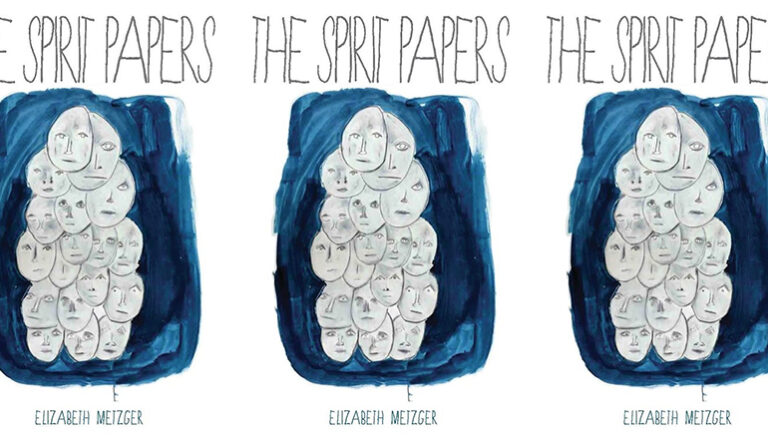
This book is a book about heaven. It’s about the collection of human connections and love that make a heaven. In that case, The Spirit Papers is its own little immaculate heaven.
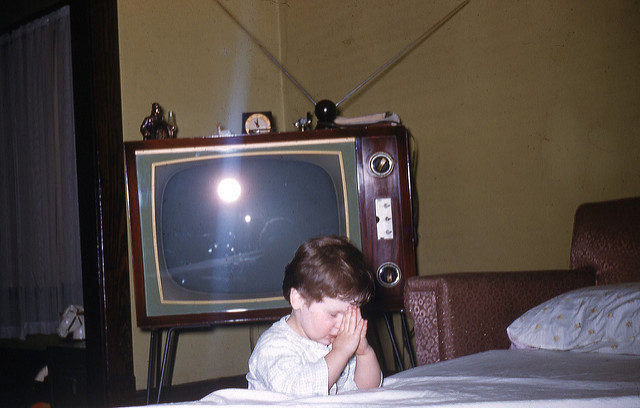
Pop culture, like poetry, can work like excavation; it authorizes us to ask questions, to uncover, and to translate.
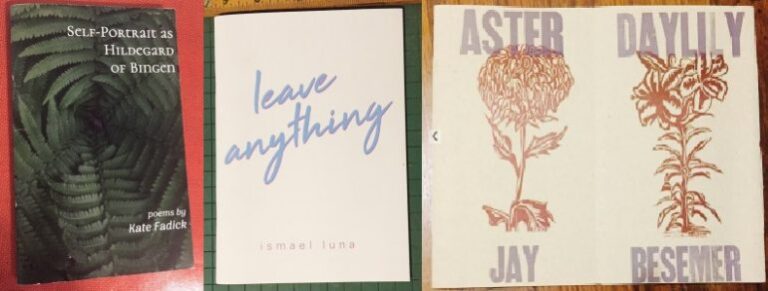
This month, I read work from both genderqueer and transgender writers. Inspired by recent tweets, blog posts, and press releases supporting works by these writers, it seemed a good opportunity to spotlight these three chapbooks.

I stumbled upon David Orr’s work through his piece “Why Is a Poet’s First Collection So Important?” published in the New York Times at the beginning of February. The Facebook preview of the piece featured pictures of poets Donika Kelly and Max Ritvo below that earnest headline.
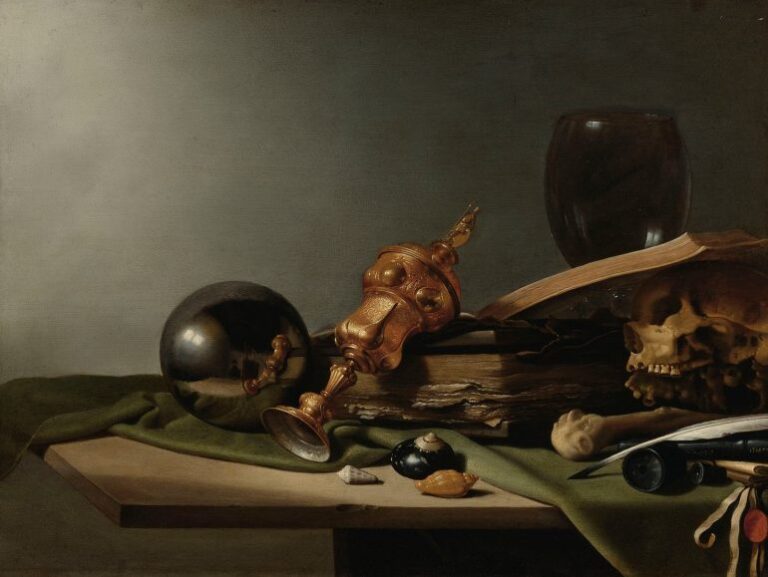
All of my attempted love poems sound like elegies, and so I’ve given up trying to write them for my beloved, lest I give the wrong impression. Occasionally, however, one will come to me like a windfall, a speck of gold in the pan.

Marianne Boruch’s poems delve into the quirks and oddities of our daily lives. We caught up at the end of a busy semester (or maybe it was the start of a new one) to talk about how poems happen, how books come together, and the quiet rituals of her begging bowl and hospital rounds.

A friend I was visiting a while ago agreed to read tarot cards for me. I was a complete novice in the matter. The reading was about me picking up each card, describing what I saw, and then having my friend help me articulate my gut reaction to/analysis of the card with its symbolism.

The composition of poetry has taken on a new life. Poetry has evolved from oral and traditional forms, to print and performance, and to our present moment where an amalgam of all forms is possible with technology. Video is a revisiting of the oral and performative traditions of poetry in a contemporary context. Moving images can address the human experience and maintain the complexity of ideas, range of emotions, and clarity of language as does written poetry.
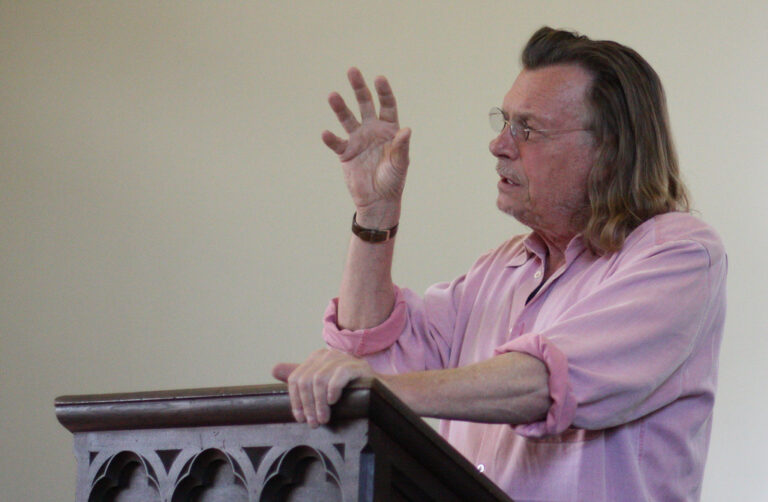
When Thomas Lux died on February 5th, I thought a lot about what made his poems so resonant. Although there are numerous craft elements I could point to, it seems to me that their central quality is so often a large-heartedness that is difficult to describe, but unmistakable to encounter.
No products in the cart.